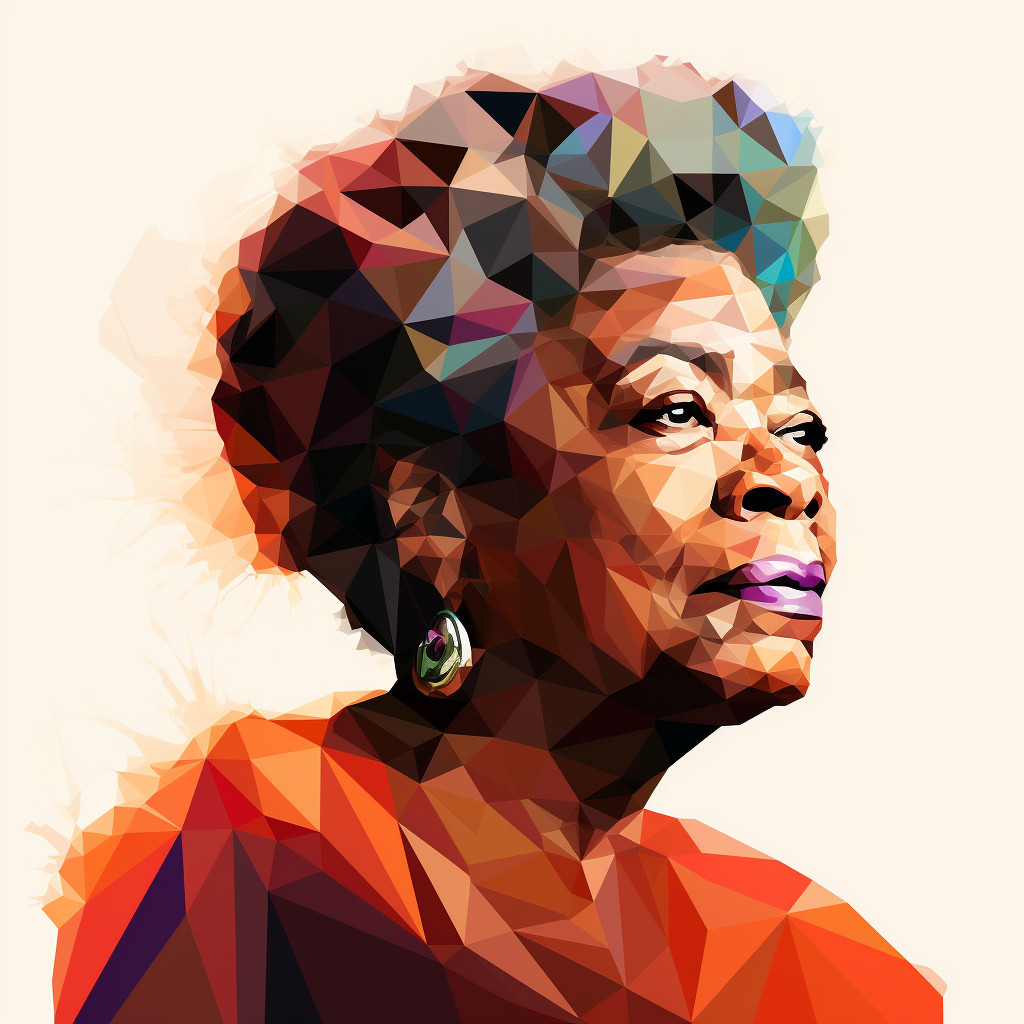'Likes' Quotes
Likes Quotes’ are short, powerful statements that encapsulate a universal truth or wisdom. They have been used throughout history to inspire and motivate individuals and society as a whole. From ancient philosophers like Aristotle and Confucius to modern-day influencers and celebrities, ‘…Read More
Likes Quotes’ are short, powerful statements that encapsulate a universal truth or wisdom. They have been used throughout history to inspire and motivate individuals and society as a whole. From ancient philosophers like Aristotle and Confucius to modern-day influencers and celebrities, ‘Likes Quotes’ have been a source of guidance and inspiration for people across the globe. These quotes have the ability to transcend time and cultural barriers, resonating with people from all walks of life. They have the power to uplift, encourage, and challenge individuals to be their best selves. ‘Likes Quotes’ continue to hold immense significance in today’s world, serving as a reminder of the enduring power of words.Read Less
Likes Quotes’ are short, powerful statements that encapsulate a universal truth or wisdom. They have been used throughout history to inspire and motivate individuals and society as a whole. From ancient philosophers like Aristotle and Confucius to modern-day influencers and celebrities, ‘Likes Quotes’ have been a source of guidance and inspiration for people across the globe. These quotes have the ability to transcend time and cultural barriers, resonating with people from all walks of life. They have the power to uplift, encourage, and challenge individuals to be their best selves. ‘Likes Quotes’ continue to hold immense significance in today’s world, serving as a reminder of the enduring power of words.
122 Striking 'Likes' Quotations and Sayings
Likes – Symbolic Value
In today’s digital age, the concept of ‘likes’ has become an integral part of our daily lives. Whether it’s on social media platforms or in real life, the act of liking something has taken on a whole new meaning. It has become a symbol of validation, acceptance, and even success. But what exactly is the symbolic value of ‘likes’ and how did it come to hold such significance?The term ‘like’ originated from the Old English word ‘lician’ which means ‘to please’. In its simplest form, liking something means finding pleasure or enjoyment in it. However, with the rise of social media, the meaning of ‘likes’ has evolved. It has become a way for individuals to express their approval or admiration for something or someone. In this sense, ‘likes’ have taken on a symbolic value of validation and acceptance.
Likes – Cultural and Historical Significance
The concept of ‘likes’ is not a new phenomenon. In fact, it has been a part of human culture and history for centuries. In ancient civilizations, the act of liking something was often associated with the worship of deities. People would offer sacrifices or perform rituals to please the gods and gain their favor. This can be seen as an early form of ‘liking’ something in hopes of receiving validation or acceptance.In more recent times, the concept of ‘likes’ has been prevalent in the art world. Artists would often seek the approval of their patrons and peers through their work. The number of ‘likes’ an artist received would determine their success and recognition in the art world. This further solidifies the symbolic value of ‘likes’ as a form of validation and acceptance.
Likes – Common Themes in Motivational Contexts
In motivational contexts, ‘likes’ are often used as a measure of success and achievement. In the business world, companies strive to gain more ‘likes’ on their social media pages as it is seen as a sign of popularity and credibility. Similarly, individuals seek to gain more ‘likes’ on their personal social media accounts to boost their self-esteem and sense of worth.In the world of fitness and wellness, ‘likes’ are often used as a form of motivation. People share their progress and achievements on social media, seeking validation and encouragement from their followers. This can be seen as a way of using ‘likes’ to boost one’s self-confidence and drive towards their goals.
Likes – Portrayal in Art and Media
The concept of ‘likes’ has also been portrayed in various forms of art and media. In the movie ‘The Social Network’, the character of Mark Zuckerberg is seen obsessing over the number of ‘likes’ on his newly created social media platform, Facebook. This highlights the cultural significance of ‘likes’ and how it has become a measure of success and validation in today’s society.In the art world, ‘likes’ have been portrayed in various forms, from paintings to sculptures. One notable example is the sculpture ‘Like 4 Real’ by artist Cory Arcangel, which is a giant thumbs up symbol made out of steel. This artwork comments on the obsession with ‘likes’ in today’s society and how it has become a symbol of validation and acceptance.
Likes – Impact on Understanding of Life and Society
The concept of ‘likes’ has undoubtedly had a significant impact on our understanding of life and society. It has become a measure of success, validation, and even self-worth. The constant pursuit of ‘likes’ has also led to a culture of comparison and competition, where individuals seek to outdo each other in terms of popularity and approval.Moreover, the rise of ‘likes’ has also brought about a sense of superficiality and shallowness in our interactions. People often seek validation through the number of ‘likes’ they receive, rather than genuine connections and relationships. This has led to a distorted understanding of what truly matters in life and the value we place on external validation.In conclusion, the concept of ‘likes’ has evolved from a simple act of finding pleasure in something to a symbol of validation and acceptance. Its cultural and historical significance, portrayal in art and media, and impact on our understanding of life and society highlight the deep-rooted meaning and value we have placed on ‘likes’ in today’s digital age.









